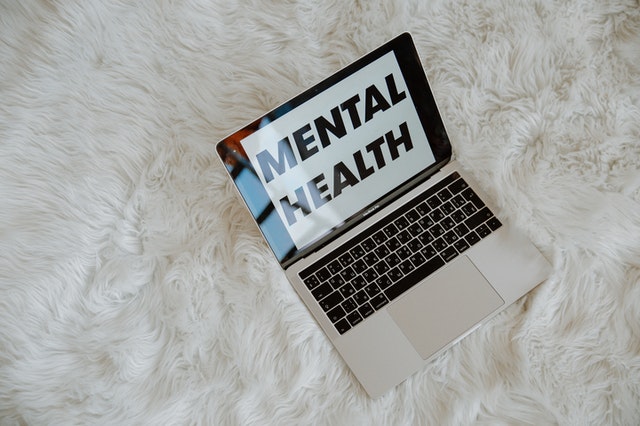Cuts, competition and comparison contributing to increased levels of mental health difficulties among university students

Students’ experiences in earlier stages of education may lead to increased levels of psychological distress and fewer skills to help them cope at university, reveals a UK study published in the British Journal of Educational Psychology, today (@UWEBristol).
The study led by Drs Miles Thompson and Chris Pawson from the University of the West of England (UWE Bristol), looked beyond higher education to see if any broader influences may be contributing to the continuing rise in student mental health issues.
The research, carried out between June 2017 and February 2020, examined what changes, if any, have taken place within universities and ‘upstream’ in earlier stages of education – in colleges, secondary and primary education – which may now be influencing student mental health in higher education. Over 200 experienced teachers, lecturers and education support staff (special educational needs coordinators, student nurses, student counsellors and educational psychologists) were asked to first describe and then rate different factors which may have changed over time in their workplaces, which they think may be contributing to a rise in student distress*.
The results suggest six inter-related factors are at play:
- Cuts to teaching numbers and other resources, putting pressure on staff.
- Additional pressure on educational establishments and their staff to get good Ofsted or league table results.
- The above produces an increasingly singular focus on academic achievement and good assessment results excluding wider aspects of education.
- The pressure to achieve good assessment results is felt by teaching staff and experienced by students.
- The focus on assessment means students compare themselves with each other both in terms of academic results and other aspects of their life.
- Wider economic cuts and austerity (e.g. economic insecurity, uncertain socio-political climate, families lacking support from external agencies) also impacts on students.
Dr Miles Thompson, co-lead of the Psychological Sciences Research Group (PSRG) at UWE Bristol, said:
“If these pressures, which can be summarised as ‘cuts, competition and comparison’ are present in the earlier stages of education, they may become embedded in students’ behaviour. They may find the rules they had been successfully following no longer apply at university, leaving them feeling deskilled and distressed. This research may be the first time where these wider factors have been brought together with the suggestion that, in combination, they may be contributing to the mental health crisis among our university students.”
The research was driven by increasing concerns around student mental health which were being seen in higher education prior to COVID-19**.
“As a result of the pandemic, all sectors of the UK education system have been significantly disrupted and mental health issues have increased across all of society,” continued Dr Thompson. “These additional strains for students and young people arguably makes this research more important than ever.
“In terms of student mental health, getting back to ‘normal’ may not be enough. We need to remember that even before the pandemic student mental issues were already being described as a crisis. To solve this, we may need to more fully appreciate and tackle the wider contextual issues described in this study.”
Traditionally, student mental health difficulties are responded to through students accessing individual or group support, often delivered through university services and/or in partnership with wider NHS services. With the belief that neither the causes of mental distress nor its solutions can be found solely within the individual alone, UWE Bristol is at the forefront of developing a ‘whole university’ approach to student mental health issues and is one of the first universities to apply to join the University Mental Health Charter Programme.











Responses